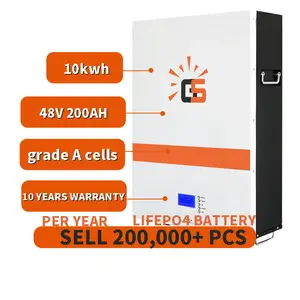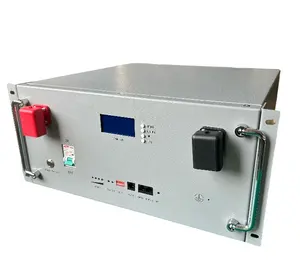About products and suppliers
Công nghệ đang thay đổi cách mọi người sống hàng ngày. Như vậy, đáng tin cậy. pin lipo 5v trên Alibaba.com mang lại độ bền tốt hơn cho bất kỳ thiết bị nào cần sản lượng điện tốt hơn. Các mẫu khác nhau có các thông số kỹ thuật khác nhau để phù hợp với khuyến nghị của nhà cung cấp. Bền chặt. pin lipo 5v phải nhanh chóng được tìm thấy và có thể dễ dàng thay thế. Với nhiều loại vật liệu sản xuất, bạn có thể lựa chọn tốt hơn khi mua để sử dụng.
Do tiến bộ công nghệ, nhiều thiết bị cần được cung cấp điện liên tục. Đáng tin cậy. pin lipo 5v sẽ tồn tại lâu hơn các thiết bị chủ để có dịch vụ tốt hơn. Tương tự, các sản phẩm hỗ trợ này tương thích với các thành phần liti và axit chì. Do đó, khả năng tương thích giữa các thiết bị và các tiện ích hỗ trợ là rất phù hợp.
Cho dù đó là thiết bị gia đình văn phòng phẩm hay pin sạc dự phòng di động, có thể sạc lại. Các phần pin lipo 5v trên Alibaba.com giúp đảm bảo rằng chúng cung cấp cho người dùng dịch vụ tối ưu. Các sản phẩm này có thể chịu được nhiệt độ cao và ăn mòn. Tuổi thọ dài mang lại dịch vụ tốt hơn trước khi chúng cần được thay thế. Một lần nữa, các cơ sở lưu trữ phải còn nguyên vẹn để giảm va đập mạnh và hư hỏng. Chúng cũng đi kèm với cáp kết nối để có dịch vụ tốt hơn.
Đối với nhu cầu điện quy mô lớn như xe ba bánh và nhạc cụ, kỹ thuật số. pin lipo 5v cung cấp một bước đệm tài chính. Alibaba.com cung cấp một nền tảng để đảm bảo độ tin cậy khi mua hàng. Nhiều người bán trên toàn cầu phân phối sản phẩm trong khung thời gian hợp lý để tạo sự thoải mái cho khách hàng. Cuộn qua các danh mục để biết các thiết bị tương thích nhất và các giao dịch tài chính.


















